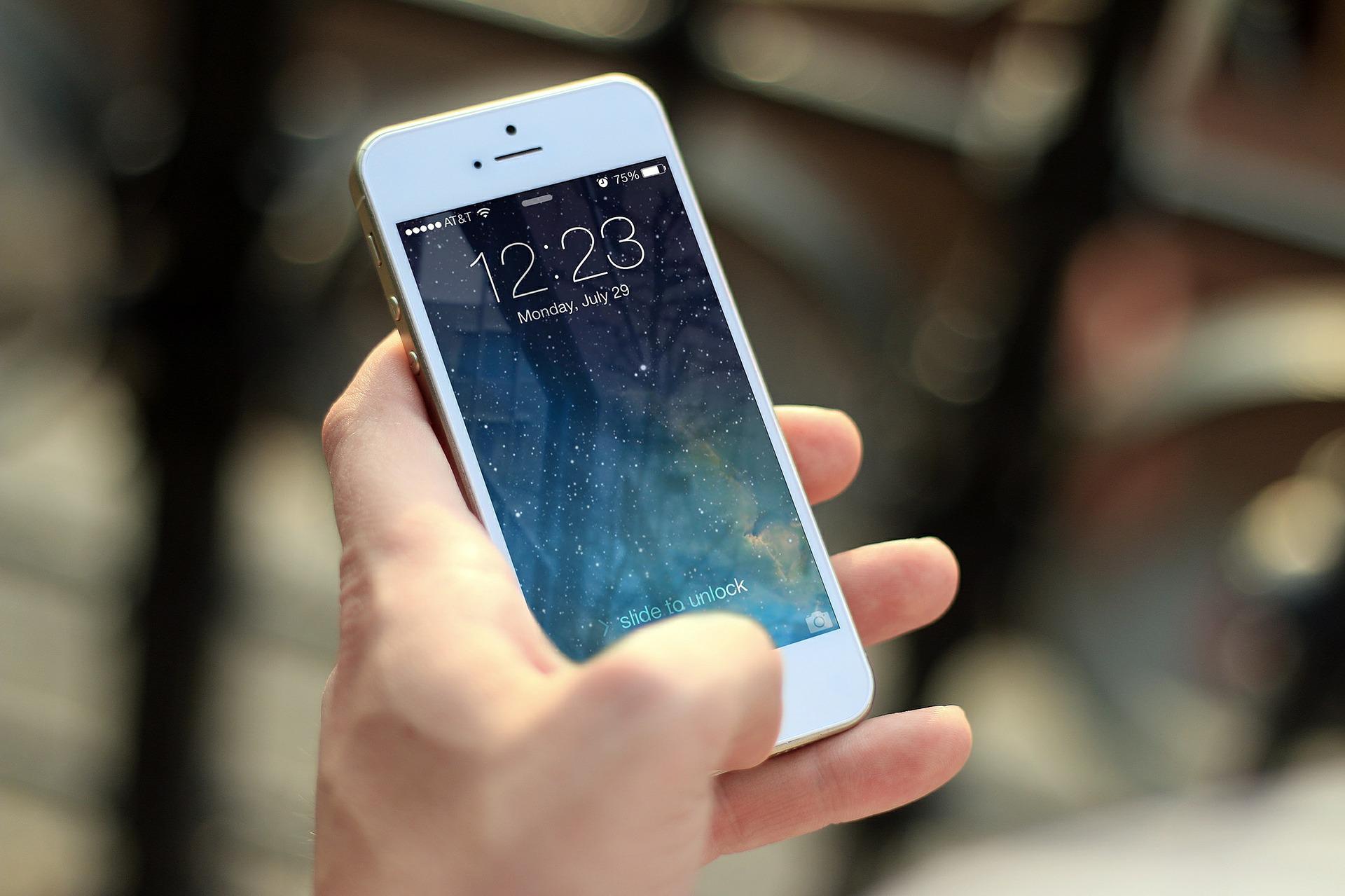
Examining your privacy rights as they relate to your smartphone – II
In our last post, we discussed how the Supreme Court of the United States handed down a historic decision this past summer in Riley v. California, a case examining the extent to which the Fourth Amendment protects our cell phones against unreasonable searches by law enforcement officials.
To recap, the court ruled unanimously that law enforcement must secure a warrant before searching a suspect’s phone or other electronic devices. In today’s post, we’ll continue to examine this important topic, looking at some of the practical implications of Riley.
Law enforcement officials and warrantless searches
As we discussed last time, SCOTUS did carve out an exemption to the warrant requirement for searching a suspect’s phone, holding that a warrantless phone search may be conducted where there is 1) an immediate threat to the health and safety of another person, or 2) an immediate threat that evidence will be destroyed.
Absent these exigent circumstances or a warrant, it’s important to understand that law enforcement officials can only search a phone if the suspect either consents, or the conditions of his or her probation permit it.
Law enforcement officials and passwords
Legal experts indicate that suspects do not have to provide law enforcement officials with their passwords and that the mere act of giving a law enforcement official the password does not constitute consent for the purposes of conducting a warrantless search.
For example, if a suspect provides an officer with the password to access an emergency contact, the officer can only legally search for the number requested.
“You’re allowed to say, ‘No,'” said one ACLU attorney. “However, even giving them your password is not consent [to search your phone].”
Law enforcement officials and custody of the phone
It’s also important, say experts, for suspects to understand that while law enforcement officials cannot search their phone in the absence of a warrant or the circumstances outlined above, they can still confiscate phones — much like they do other personal items — when a person is taken into custody.
Similarly, they can confiscate a phone that they are in the process of securing a warrant to conduct a search.
The reason for this is to prevent the possible destruction of evidence.
If you been charged with any sort of felony or misdemeanor, consider speaking with an experienced legal professional who can protect your rights and investigate the circumstances surrounding your arrest, including the possibility of an illegal search.
Source: The San Jose Mercury News, “CHP photo scandal: When can police search your phone?” Matthias Gafni, October 2014


